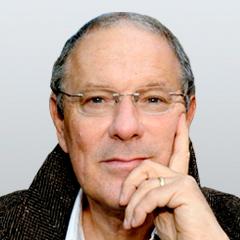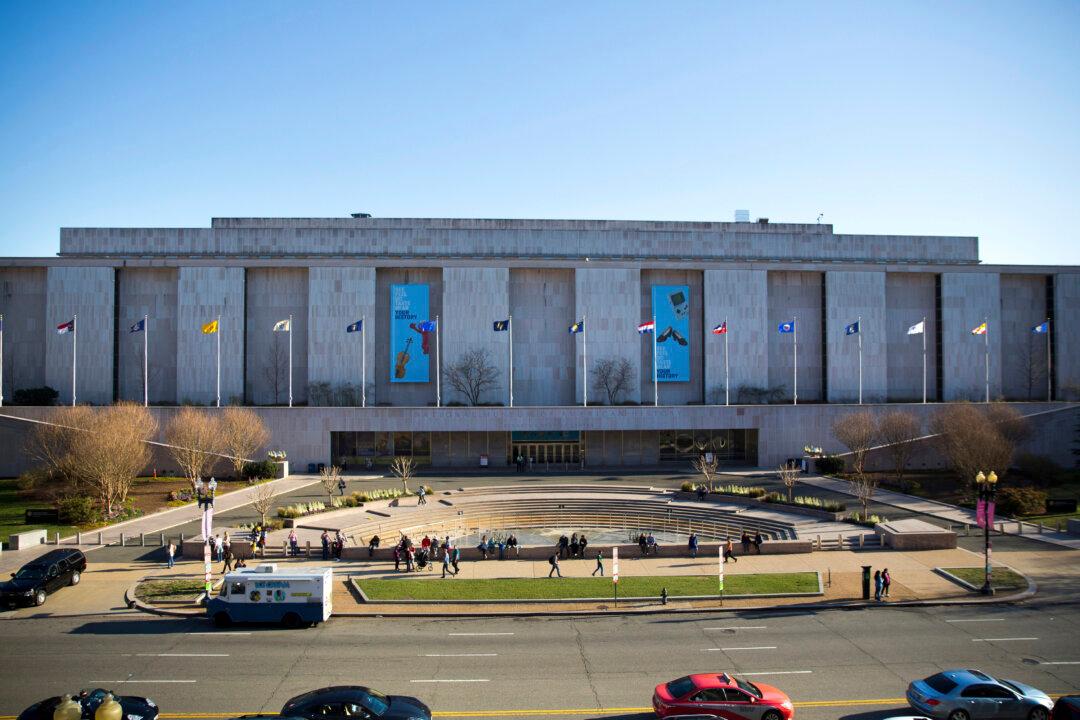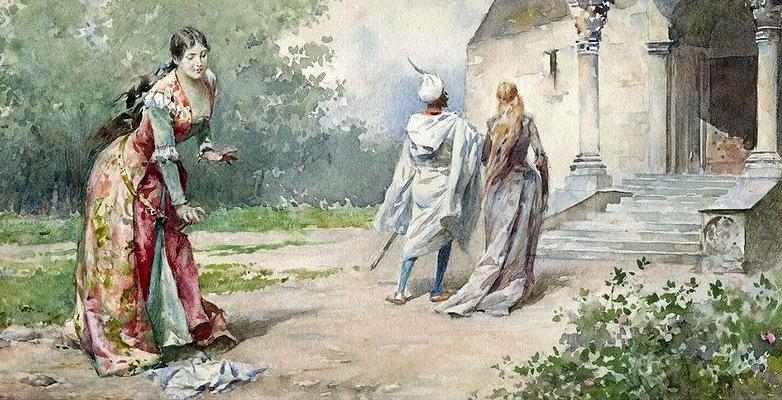Commentary
Those whom the gods wish to destroy, they first make mad—or fools. The most dangerous and destructive kind of foolishness is that of intelligent and educated people. There’s nothing so absurd, Cicero said, but that some philosopher hasn’t said it: And worse still, there’s no philosophy so absurd that it hasn’t found followers among the upper echelons of society who want to impose it on everyone else.





